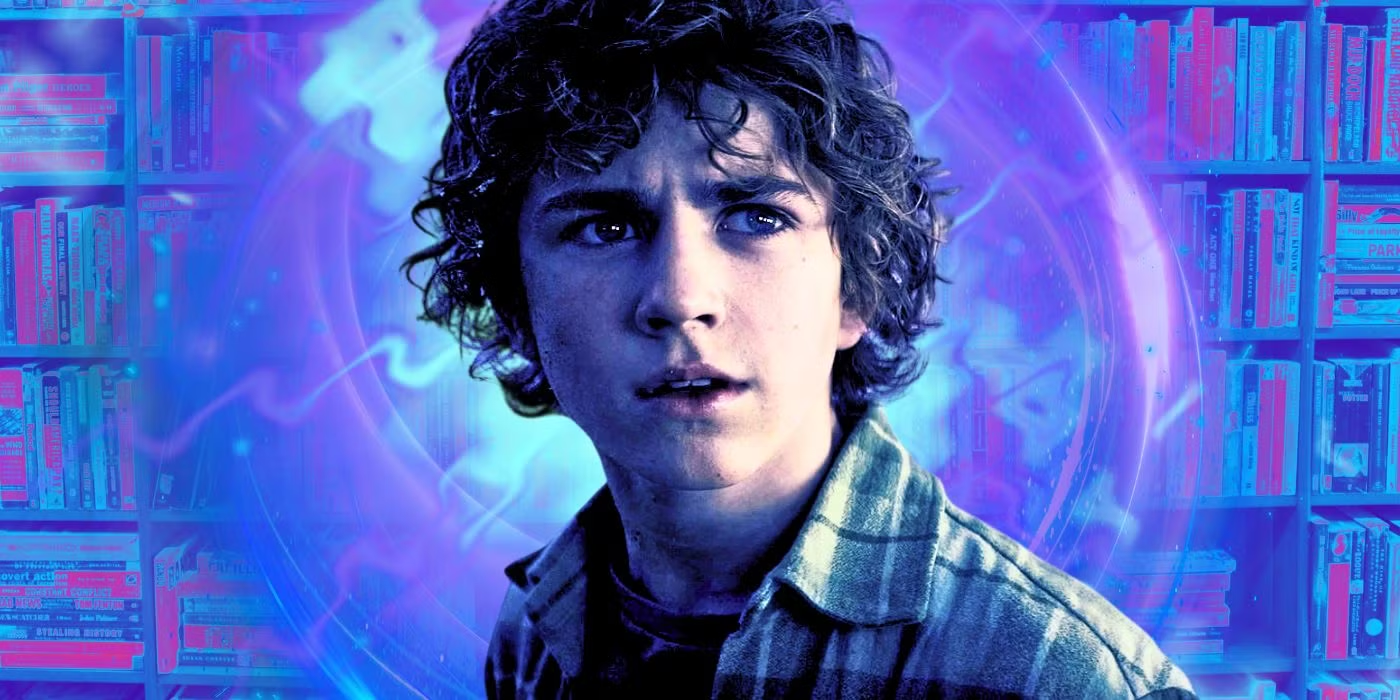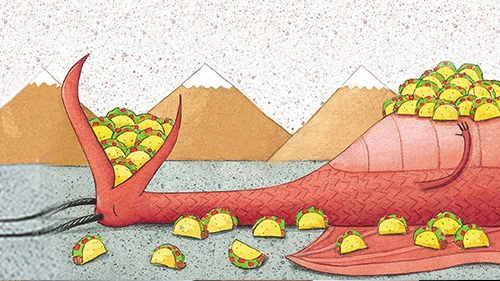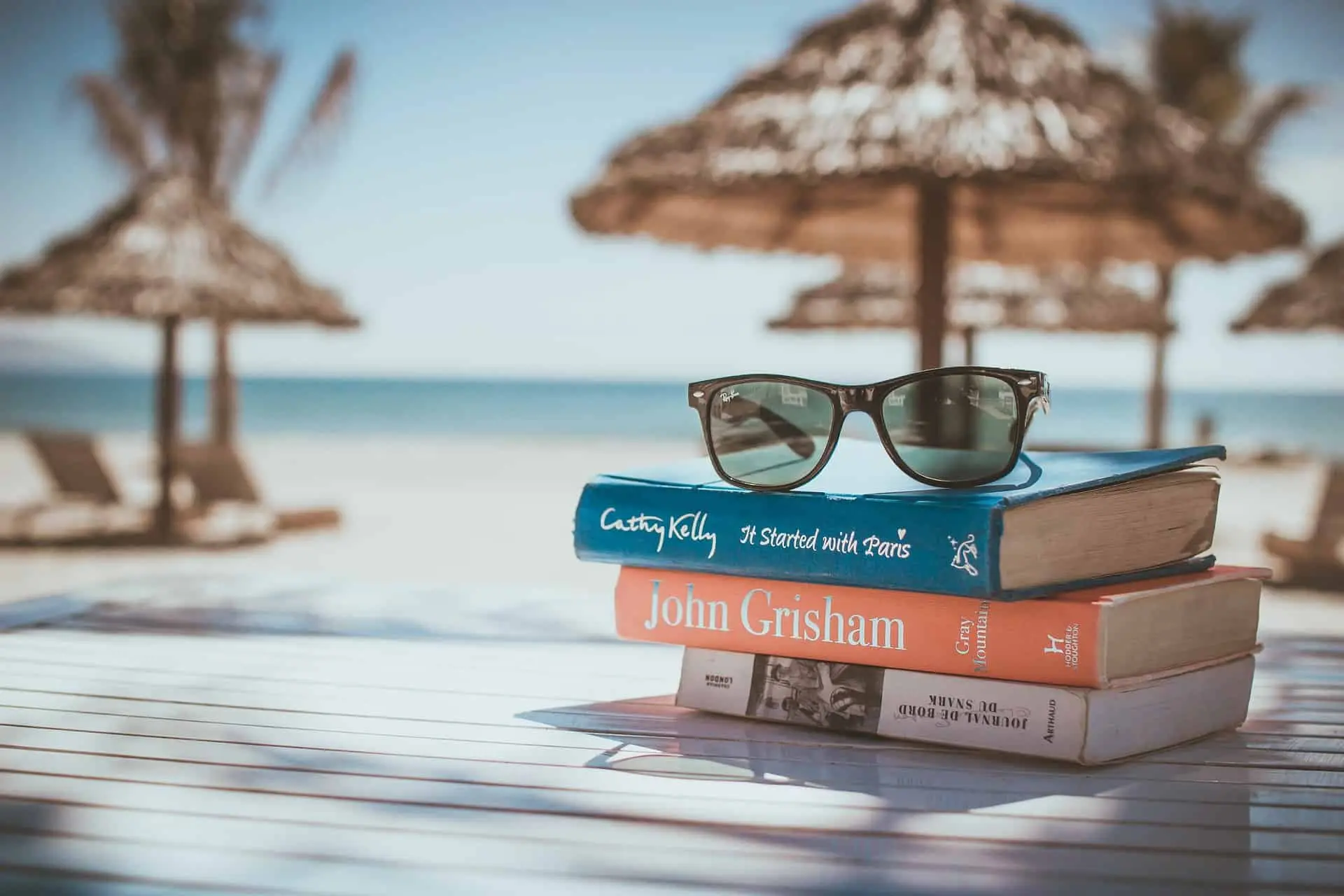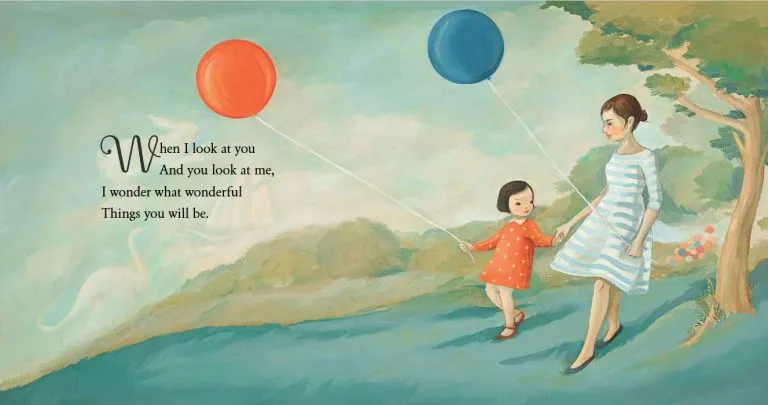What the Novelist Chimamanda Ngozi Adichie Reads While She Works

Adichie, whose 2006 novel “Half of a Yellow Sun” is being rereleased in paperback, likes to read poetry while writing, “as a way of immersing myself in language, of luring back my own words.”
What books are on your nightstand?
“One Day I Will Write About This Place,” by the late Binyavanga Wainaina, a great prose stylist and one of my closest friends in the world, is kept always on my bedside because I miss him desperately.
Also: “On the Courthouse Lawn,” by Sherrilyn A. Ifill. “What You Have Heard Is True,” by Carolyn Forché. “The Body Papers,” by Grace Talusan. “House of Stone,” by Novuyo Rosa Tshuma. “The Moment of Lift,” by Melinda Gates. “Some of My Best Friends,” by Emily Bernard. “The Ethnic Cleansing of Palestine,” by Ilan Pappé. “Trade and Politics in the Niger Delta,” by Kenneth Dike. “The Go-Between,” by L. P. Hartley. “The Penguin Book of Japanese Short Stories.” “The Odd Woman and the City,” by Vivian Gornick.
What’s the last great book you read?
Isabel Wilkerson’s “The Warmth of Other Suns.” “Magisterial” can seem a little portentous but it really is the best word to describe it.
And “The Joys of Motherhood,” by Buchi Emecheta, which I recently reread, and was struck by its quiet power and accomplishment.
Are there any classic novels that you only recently read for the first time?
James Salter’s “Light Years,” a modern classic that I loved.
Can a great book be badly written? What other criteria can overcome bad prose?
I think of this quote from Léopold Sédar Senghor: “I have always taken care to put an idea or emotion behind my words. I have made it a habit to be suspicious of the mere music of words.” And while I don’t fully agree, as I do like to read literature that is all language, I think a great book can be badly written if its content is of such power that the bad writing pales in comparison. Many accounts of precolonial Africa are not necessarily paragons of style but their greatness is in the importance of what they document. I like the music of words but I like, more so, the meaning of words.
Describe your ideal reading experience (when, where, what, how).
I love to read in bed, curled up and comfortable, usually early in the morning or late at night, with quiet in the air and my iPad or a book propped on a pillow.
What’s your favorite book no one else has heard of?
“The Beautiful Mrs. Seidenman,” by Andrzej Szczypiorski. I’m sure many people have heard of it but I think even more should know of this finely wrought novel about a Jewish woman in Nazi-occupied Warsaw.
Which writers — novelists, playwrights, critics, journalists, poets — working today do you admire most?
Tash Aw, Niq Mhlongo, Rachel Seiffert, Mary Gaitskill, David Szalay, Leila Aboulela, Dave Eggers, Tracy K. Smith, Tessa Hadley, Richard Flanagan, Claire Messud, James Lasdun, Ta-Nehisi Coates, Vivian Gornick, the late Bharati Mukherjee, Deborah Levy, John Gregory Brown, Amit Chaudhuri, Nawal El Saadawi, Margo Jefferson, Jesmyn Ward, Lynn Nottage, Janet Malcolm, Jamaica Kincaid, Alice Walker, Peter Orner, Susan Orlean.
What do you read when you’re working on a book? And what kind of reading do you avoid while writing?
I mostly read poetry while working on fiction, as a way of immersing myself in language, of luring back my own words. I love the opulent poetry of Tishani Doshi and the more formal work of Derek Walcott and Christian Wiman. I am presently dipping in and out of poetry by Terrance Hayes, Major Jackson and Mary Oliver. I try not to read novels that are similar to whatever I’m working on, but I do reread novels I love, like Chinua Achebe’s “Arrow of God,” to remind myself of what fiction can do.
Lupita Nyong’o is starring in an HBO adaptation of your novel “Americanah.” What other book would you most like to see turned into a movie or TV show that hasn’t already been adapted?
I’d like to see Lola Shoneyin’s “The Secret Lives of Baba Segi’s Wives” as a tragicomic mini-series. Jhumpa Lahiri’s stories in “Interpreter of Maladies” have an elegiac beauty that I think would translate powerfully onscreen. And ZZ Packer’s “Drinking Coffee Elsewhere” would make for a lovely adaptation in the tradition of “Eve’s Bayou.”
Do you count any books as guilty pleasures?
No, because the premise of “book as guilty pleasure” is that one should not enjoy some books that one does, and it is an idea rooted in the cult of literary snobbery. For me books are divided into books that interest me and books that don’t. I own all my pleasures.
What’s the last book you read that made you laugh?
“Waiting for the Vote of the Wild Animals,” by Ahmadou Kourouma, which is an enraged lament about the aftermath of colonialism on the African continent, but is also very funny and irreverent.
The last book you read that made you cry?
“The Return,” by Hisham Matar. I found it unbearably moving. So stark and true.
The last book you read that made you furious?
Two brilliant books I read back to back infuriated me because they detail the pernicious real-world effects of sexism, that refusal of the world to see female humans as full humans.
“The Means of Reproduction: Sex, Power and the Future of the World,” by Michelle Goldberg, and “Invisible Women,” by Caroline Criado Perez.
Has a book ever brought you closer to another person, or come between you?
A friend once called “The Shadow of the Sun,” by Ryszard Kapuscinski, an “authentic” reportage voice on Africa.
I disagreed. I think it is a fictional portrait masquerading as nonfiction, about an Africa that he wanted to see rather than one he actually saw. It misrepresents many practices and beliefs in different countries, and its many generalizations about “the African” are fatuous. To this, the friend said that it didn’t matter if he got the facts wrong because the book was really an allegory of communism. It was eye-opening for me, and made me see this friend differently, because of the paternalism in that opinion. If I were to write a nonfiction book riddled with inaccuracies about Europe and then insisted that it really was an allegory on military dictatorship in Nigeria, few would find that acceptable and fewer still would praise it as the authentic voice on Europe.
In happier news, Camara Laye’s “L’Enfant Noire” brought Binyavanga Wainaina and me together. We met on a writers’ website years ago and wrote to each other about the books we loved. And the first book we both wrote to each other about was Camara Laye’s.
That coincidence felt to me like a gift, as though our subsequent great bond were preordained.
What’s the most interesting thing you learned from a book recently?
I’ve read a fair bit of African-American history, but “White Rage,” by Carol Anderson, which is beautifully written and exhaustively researched, illuminated for me just how deliberately education policy in the United States disenfranchised African-Americans.
How do you organize your books?
I don’t. But I’d very much like to.
What book might people be surprised to find on your shelves?
I would say perhaps a book about Christianity, like “The Bible Tells Me So: Why Defending Scripture Has Made Us Unable to Read It,” by Peter Enns. Pentecostal Christianity is such a potent force on the African continent and I’m very interested in understanding its dynamics.
Who is your favorite fictional hero or heroine? Your favorite antihero or villain?
The complexity and contradictions of the narrator in Elizabeth Hardwick’s “Sleepless Nights,” a book I adore, appeal very much to me.
As far as villains go, and it is debatable whether she is in fact a villain, but there is, I think, something to be said for Shakespeare’s Lady Macbeth.
How have your reading tastes changed over time?
Growing up in Nigeria, I loved reading crime novels. The novels of James Hadley Chase — with titles like “Want to Stay Alive?” and “Like a Hole in the Head” — were favorites. Now, I find myself largely uninterested in traditional crime novels, I prefer to enjoy my crime onscreen. When I was younger, I didn’t have patience for what I considered “slow” novels, but now I relish novels that mine the psychology of their characters.
What book would you elevate to the canon, and what book would you remove?
Is Céline’s “Journey to the End of the Night” considered part of the canon? Its juvenile tropes underwhelmed me. I would elevate Romesh Gunesekera’s “Reef,” a modern classic that should be read as a study in that maxim about what literature should do: instruct and delight.
You’re organizing a literary dinner party. Which three writers, dead or alive, do you invite?
Ama Ata Aidoo, Mary McCarthy and Dambudzo Marechera.




